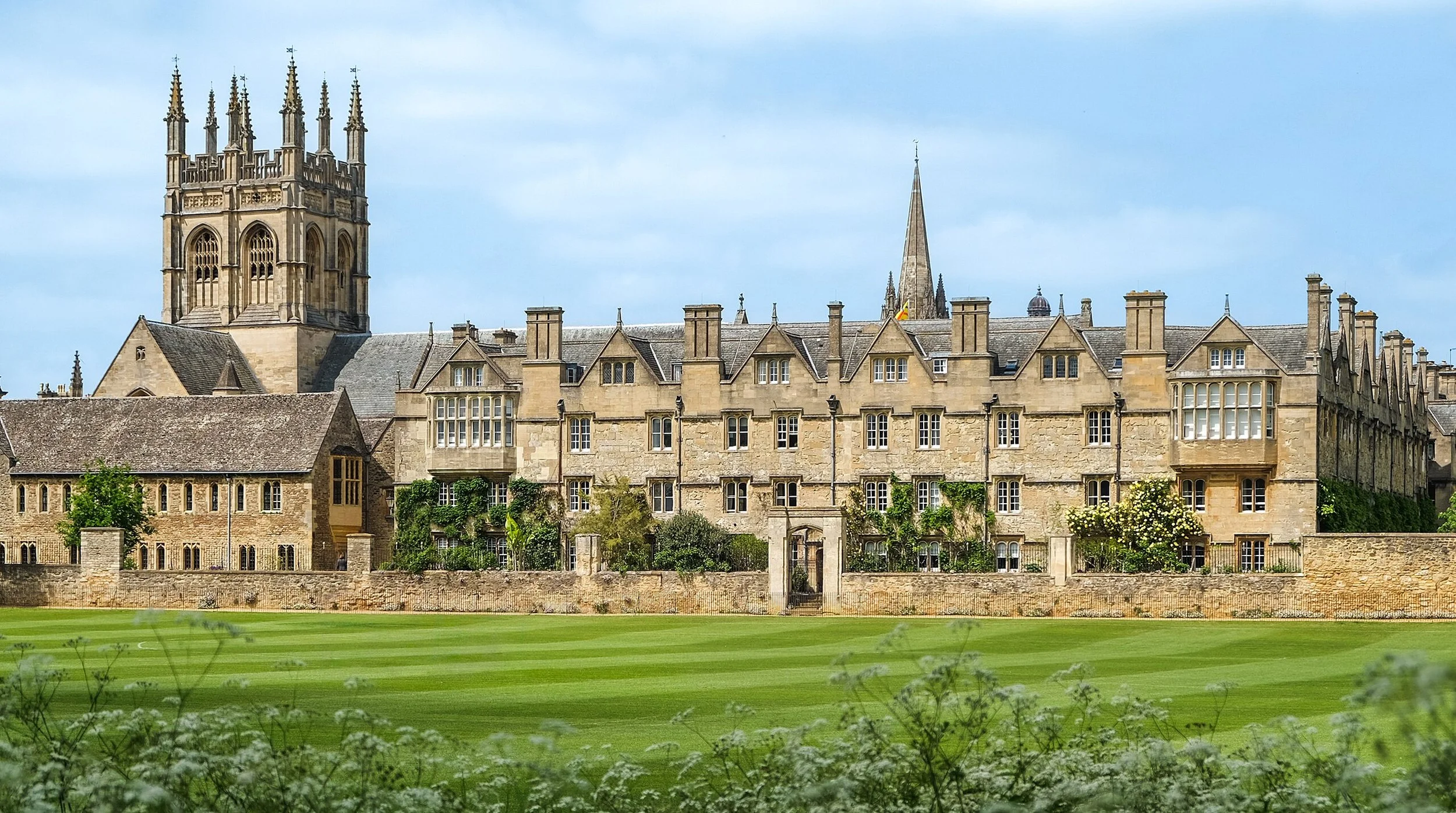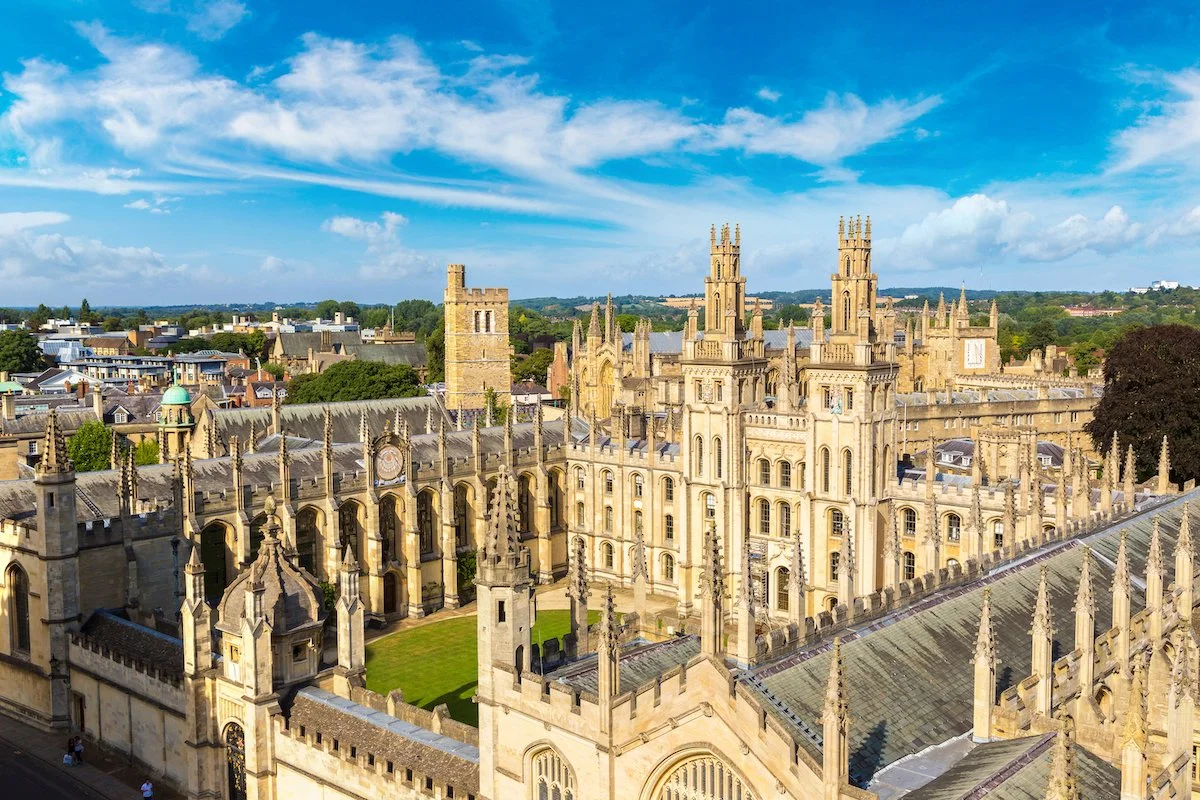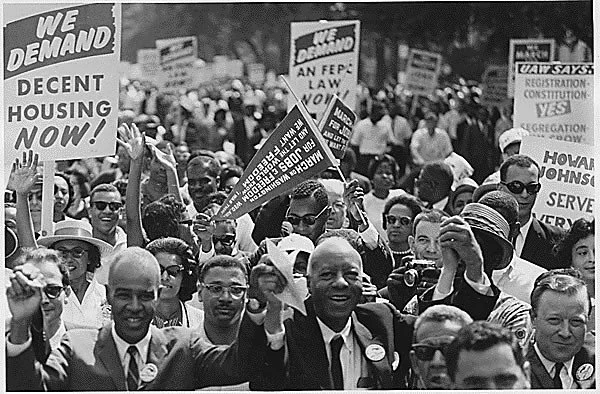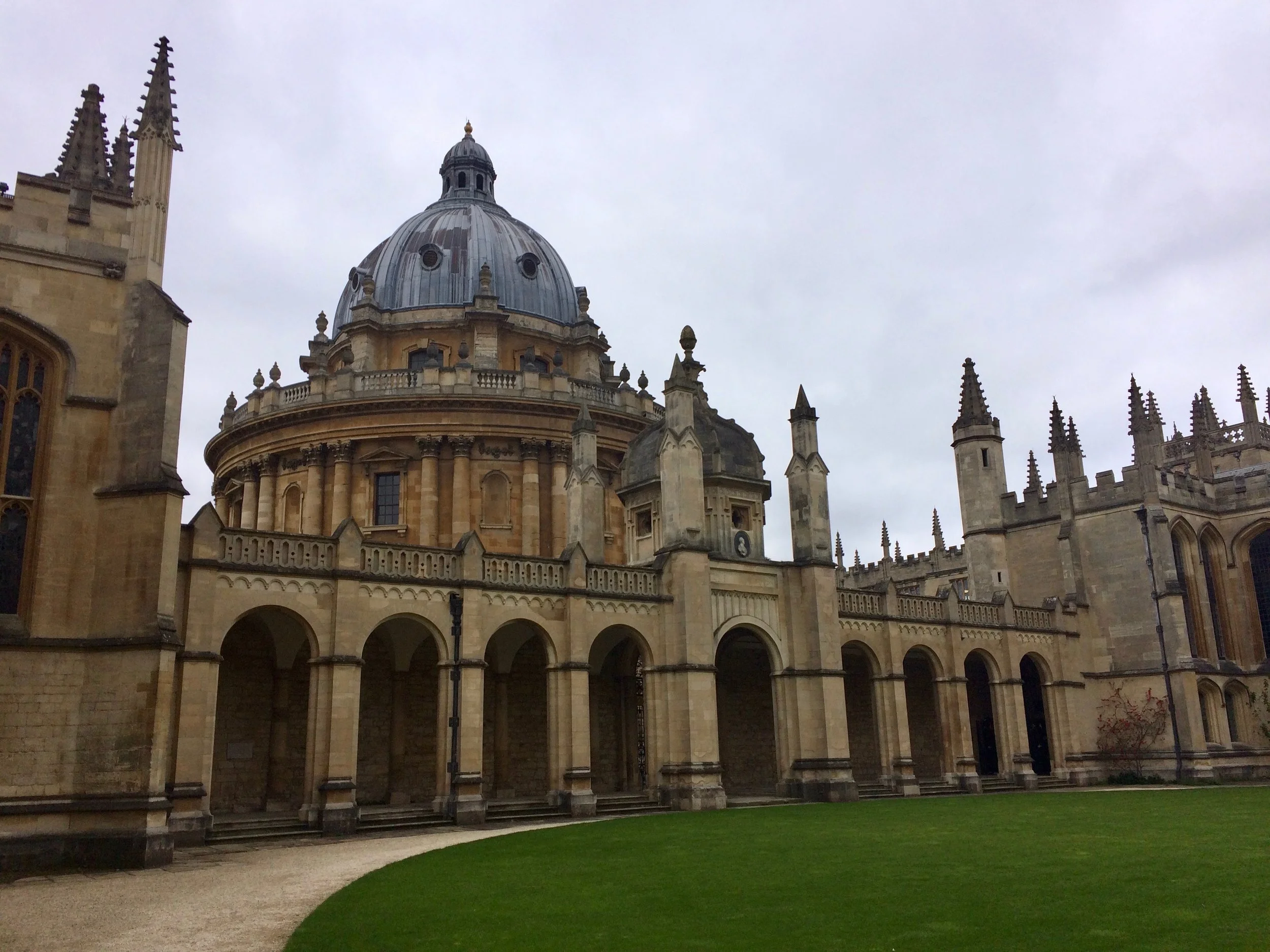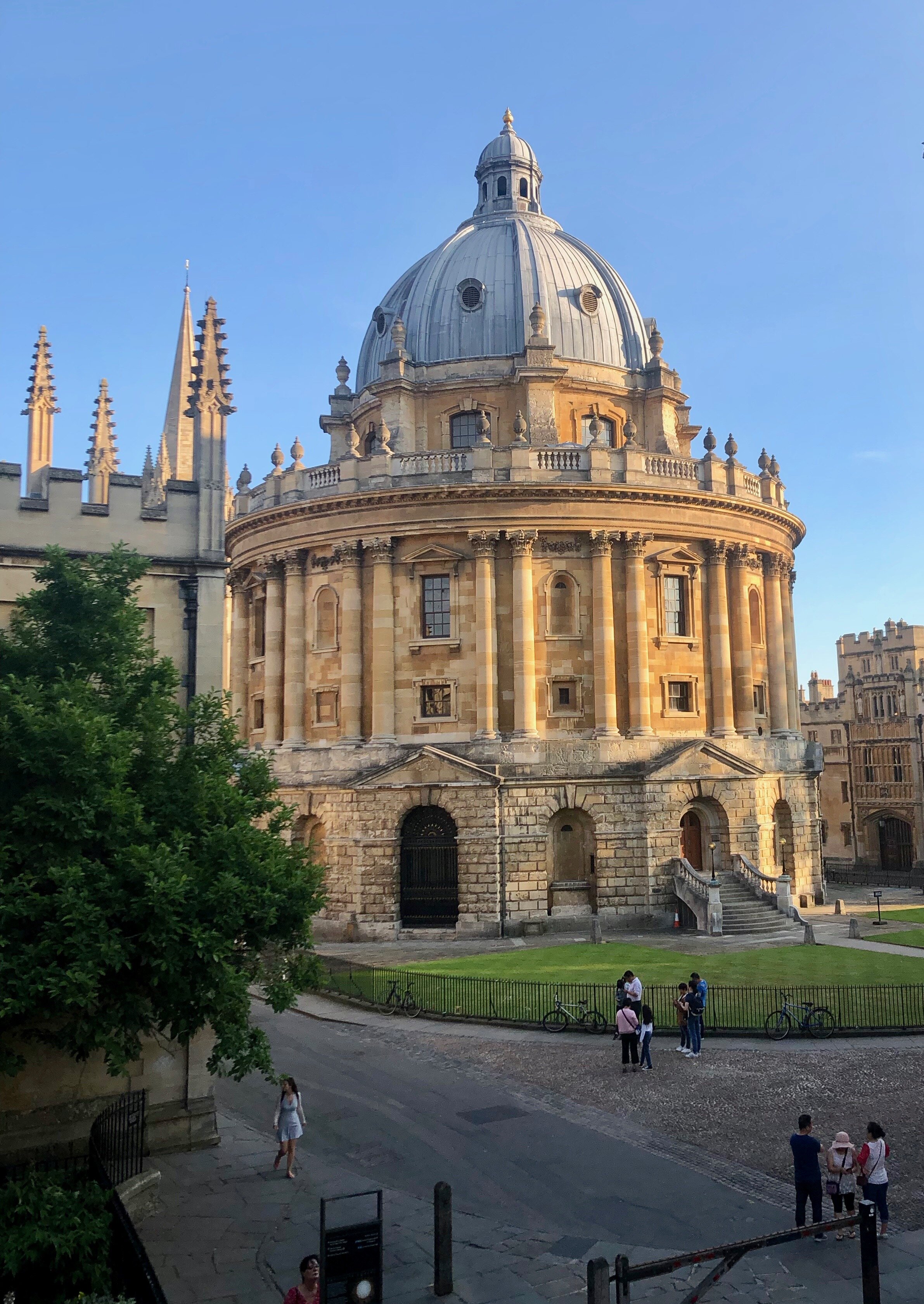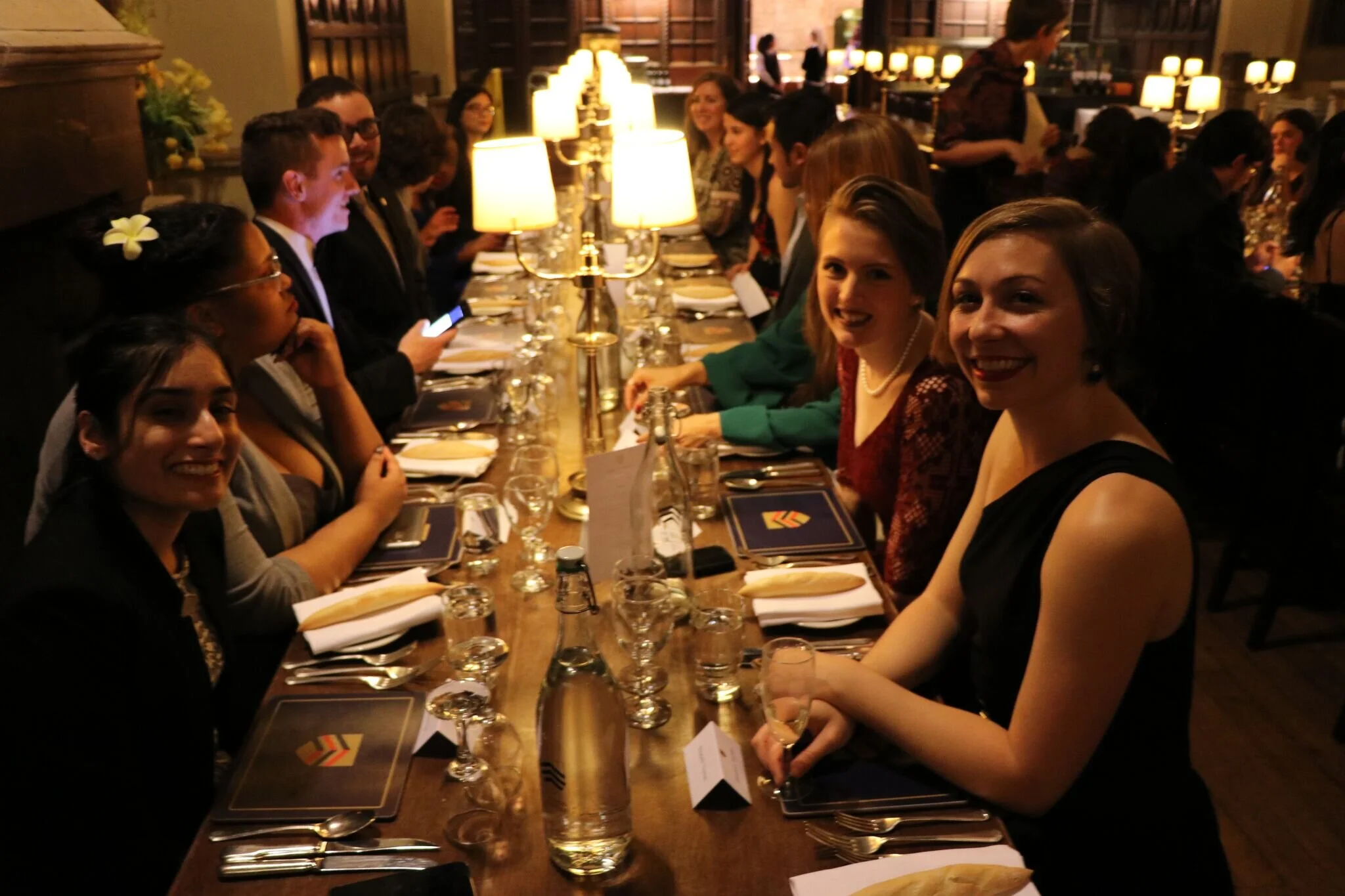Oxford Consortium Workshops
Our workshops bring diverse groups of students together with international scholars and human rights practitioners for week-long seminars. Workshops are held at the University of Oxford in England and other places around the world.
Workshops
Our signature workshop is the week-long spring seminar focused on human rights and humanitarian law, held in Oxford, England each March. The Consortium also hosts a variety of other seminars in different locations and different focuses--all chosen for their relevance to current events and the human rights fields.
Upcoming Workshops
July 6-12
Oxford, England
This workshop will explore the relationship between many new technologies emerging across human society and people’s continuous demands for human rights. The course will examine how the impact of new technology is sometimes positive and enabling of human rights, sometimes negative and restrictive, and often ambivalent and uncertain.
Past Workshops
(Workshop begins the evening of Monday, March 24th, with a closing gala on Saturday, March 29th. Groups depart the morning of the 30th)
This workshop explores the role human rights can play to reduce two of the great global risks of the 2020s - climate change and great power war. In the first part of the workshop, students will be introduced to the main threats of the climate emergency and twenty first century militarism.
JANUARY 16-20, 2025
This workshop builds on our past seminars that feature both eminent scholars and local activists to engage students in conversations and skill-building around the theory and practice of community action. Some questions we will consider: How do we mobilize responses to build compassionate and just communities? How do we integrate the personal and the political? What is the role of international human rights principles on the scale of a small local community?
July 1-7, 2024
This workshop will explore the relationship between many new technologies emerging across human society and people’s continuous demands for human rights. The course will examine how the impact of new technology is sometimes positive and enabling of human rights, sometimes negative and restrictive, and often ambivalent and uncertain.
The course will be taught by leading scholars from the University of Oxford and visiting human rights activists working on and with new technology of various kinds.
Workshop begins the evening of March 18th, with a closing gala on Saturday, March 23rd. Groups depart the morning of the 24th
This workshop explores the role human rights can play to reduce two of the great global risks of the 2020s - climate change and great power war. In the first part of the workshop, students will be introduced to the main threats of the climate emergency and twenty first century militarism.
Location: Sonoma State University, Rohnert Park, California
Schedule: January 11 - 15th 2024
This workshop builds on our past seminars that feature both eminent scholars and local activists to engage students in conversations and skill-building around the theory and practice of community action. Some questions we will consider: How do we mobilize responses to build compassionate and just communities? How do we integrate the personal and the political? What is the role of international human rights principles on the scale of a small local community?
July 3 – 9, 2023
New technology is one of the major drivers of change in human society today. But what does all this new digital, biological and renewable technology mean for human rights?
This workshop will explore the relationship between many new technologies emerging across human society and people’s continuous demands for human rights. The course will examine how the impact of new technology is sometimes positive and enabling of human rights, sometimes negative and restrictive, and often ambivalent and uncertain. Students will study particular technological revolutions in communications, medicine, governance, surveillance, education, weapons, energy, and manufacturing to explore their implications for traditional human rights to health, privacy, free speech, free association, and the laws of war. More profoundly, the workshop will explore how new technology is changing our experience of being human – ontology itself - as we live an increasingly hybrid life as computerized humanity.
March 27 – April 2, 2023
The workshop will focus on Human Rights and Climate Crisis. Experts and activists from across the Oxford community, and from London's International Institute of Environment and Development (IIED) and the Red Cross Climate Centre in The Hague, will discuss the rapidly changing climate and what this means for people all around the world. Students will examine the rise in climate related disasters like heatwaves, floods, droughts and storms, and the challenge for human rights and non-human rights as people and governments struggle with climate related poverty, environmental destruction, migration, adaptation, loss and damage.
A Special Workshop to mark the 60th Anniversary Year of the March on Washington
March 19 – 25, 2023
Nonviolent civil resistance has played a significant role in the struggle for freedom and human rights around the world. It continues to do so in social movements working for democracy, peace, equal rights, gender equality, labor rights and climate justice. This workshop will explore the modern history and theory of non-violent activism from its roots in the anti-slavery movement, women’s suffrage, trade unionism, and non-violent movements to end colonialism, apartheid, communism, capitalism and dictatorship. Students will explore the leading theorists of nonviolent activism and study the strategy, skills and tactics that form its everyday practice. Learning will be based in a series of case studies including the March on Washington in 1963 and subsequent civil resistance movements in Africa, Latin America, Asia and Europe. Emphasis will be given to both in-person activism and today's new cyber activism.
Some questions we will consider: How do we mobilize responses to build compassionate and just communities? How do we integrate the personal and the political? What is the role of international human rights principles on the scale of a small local community? This workshop builds on our past seminars that feature both eminent scholars and local activists to engage students in conversations and skill-building around the theory and practice of community action.
The workshop focuses on Human Rights and Climate Crisis. Experts and activists from across the Oxford community, and from London's International Institute of Environment and Development (IIED) and the Red Cross Climate Centre in The Hague will discuss the rapidly changing climate and what this means for people all around the world. They will examine the rise in climate-related disasters like heatwaves, floods, droughts and storms, and the challenge for human rights and non-human rights as people and governments struggle with climate related poverty, environmental destruction, migration, adaptation, loss and damage.
Location: Healdsburg, California
Schedule: March 31 - April 3
This workshop builds on our past seminars that feature both eminent scholars and local activists. How do we mobilize responses to build compassionate and just communities? How do we integrate theory and practice? What is the role of international human rights principles on the scale of a small local community?
DATES: March 14-20, 2022
LOCATION: University of Oxford, Magdalen College
This seminar will explore the human rights frameworks for armed conflicts, as well as critically examining current issues in humanitarian aid and the work for peace. Areas of study will include human rights in and after conflict, humanitarian action, conflict trends, human rights law, and peacemaking with a focus on recent armed conflicts.
Our week-long workshops include working groups and discussions along with presentations by academic experts, practitioners, and from our student participants.
This workshop will inspire students to develop their own method of personal activism as local, national, and global citizens. It will give them the opportunity to explore human rights activism as it is understood in practice and theory, and connect them with a wide network of fellow human rights activists.
The workshop involves several current activists sharing their experience, techniques, and expertise. It also uses historical examples to explore the techniques and impact of successful twentieth-century activists from around the world and will introduce students to essential academic theory around human rights activism, social movements, and political change.
March 2021 Virtual Workshop
The Oxford Consortium for Human Rights (OCHR) is offering a new virtual workshop for Consortium members in 2021 in which Oxford academics, OCHR students and OCHR faculty will engage in critical regional issues of human rights around racial justice, minorities, and religious freedom.
The workshop will build on the insights and inspiration of the Black Lives Matter movement to examine the history and challenge of racism, minority discrimination and religious persecution in all regions of the world. It will be led by Hugo Slim, Senior Research Fellow at Oxford University's Program on Ethics, Law, and Armed Conflict, former Head of Policy and Humanitarian Diplomacy at the International Committee of the Red Cross (ICRC) in Geneva, and Co-Chair of the Oxford Consortium for Human Rights.
In this webinar you will hear what that means for the many activists working to improve conditions for others both before and during the pandemic, as well as how lessons learnt may change the face of future human rights activism. We will hear from four young activists from around the world who will share how they have adapted their strategy under COVID and their thoughts on what has changed along the way. These four inspiring activists will be Aaron Hughes, a doctoral student and mutual aid organizer at Oxford University; Wai Wai Nu, founder of the Women’s Peace Network from Myanmar; Wawira Njiru, founder and director of the Kenyan NGO Food 4 Education; and Secunda Joseph, community organizer and activist with ImagiNoir/BLMHTX and Project Curate of Houston, Texas.
One of the most fundamental steps governments around the world have taken to slow the spread of COVID-19 has been to reduce human mobility. Through ‘lockdown’ or ‘stay-at-home’ orders, travel restrictions and border closures, public service and legal systems shut-downs, etc., the scramble to slow virus transmission has been (largely) swift and arduous. For a lucky few, these are merely an inconvenience, but for the millions of migrants and displaced scattered across the globe, these restrictions have been particularly severe. In this webinar, we will dive into why the pandemic’s impact on migrant and displaced communities is particularly harsh, with a focus on vulnerability in living conditions and work, health care and social safety net access, and extended impacts on the Global South and families through remittances.
Monday, July 6, 2020
10am PST/1pm EST
The second OCHR webinar focuses on issues that the COVID pandemic has brought into increased focus - inequality and racial justice in particular. Our speakers are drawn from a variety of fields and represent both scholars and practitioners engaged in these issues.
In this first-ever online OCHR event, we discussed the pressing human rights challenges of pandemics. Speakers first gave us an historical context of the spanish flu and ebola pandemics before we discussed current events, clashing rights and hard political choices, and then some of the urgent contexts where human rights issues are playing out today: in education, prisons, and in immigration.
UNFORTUNATELY CANCELLED DUE TO COVID-19
The theme of this workshop centers on global ethics and the expanding issues of human migration. A variety of speakers includes scholars from the University of Oxford, scholars from other institutions in the US and around the world, and practitioners with personal experience offering humanitarian aid and policy issues.
UNFORTUNATELY CANCELLED DUE TO COVID-19 PANDEMIC
March 16 - 22
University of Oxford, Magdalen College
This annual seminar specifically focuses on issues of peacemaking and ethics in warfare in contemporary contexts, while also inviting participants to reflect on how these questions of human rights can be seen in their home communities.
The Oxford Consortium for Human Rights is announcing its first-ever workshop to be held in Rio de Janeiro, Brazil, October 20-25, 2019 in partnership with Universidade Estacio de Sa. The workshop is titled “Community, Identity, and Human Rights” and will feature scholars from Brazil, Oxford, and other experts in the field.
Oxford
July 7th-12th 2019
This workshop will focus on the questions of human movement and global ethics as a framework for discussion of humanitarian action, conflict, human rights law, and peacemaking. We will focus on recent armed conflicts and the ways these dynamics play out around us today.
March 11-16th
Oxford
Directed by Dr. Johanna Luttrell and Dr. Cheyney Ryan
This annual seminar specifically focuses on issues of peacemaking and ethics in warfare in contemporary contexts, while also inviting participants to reflect on how these questions of human rights can be seen in their home communities.
What our participants say
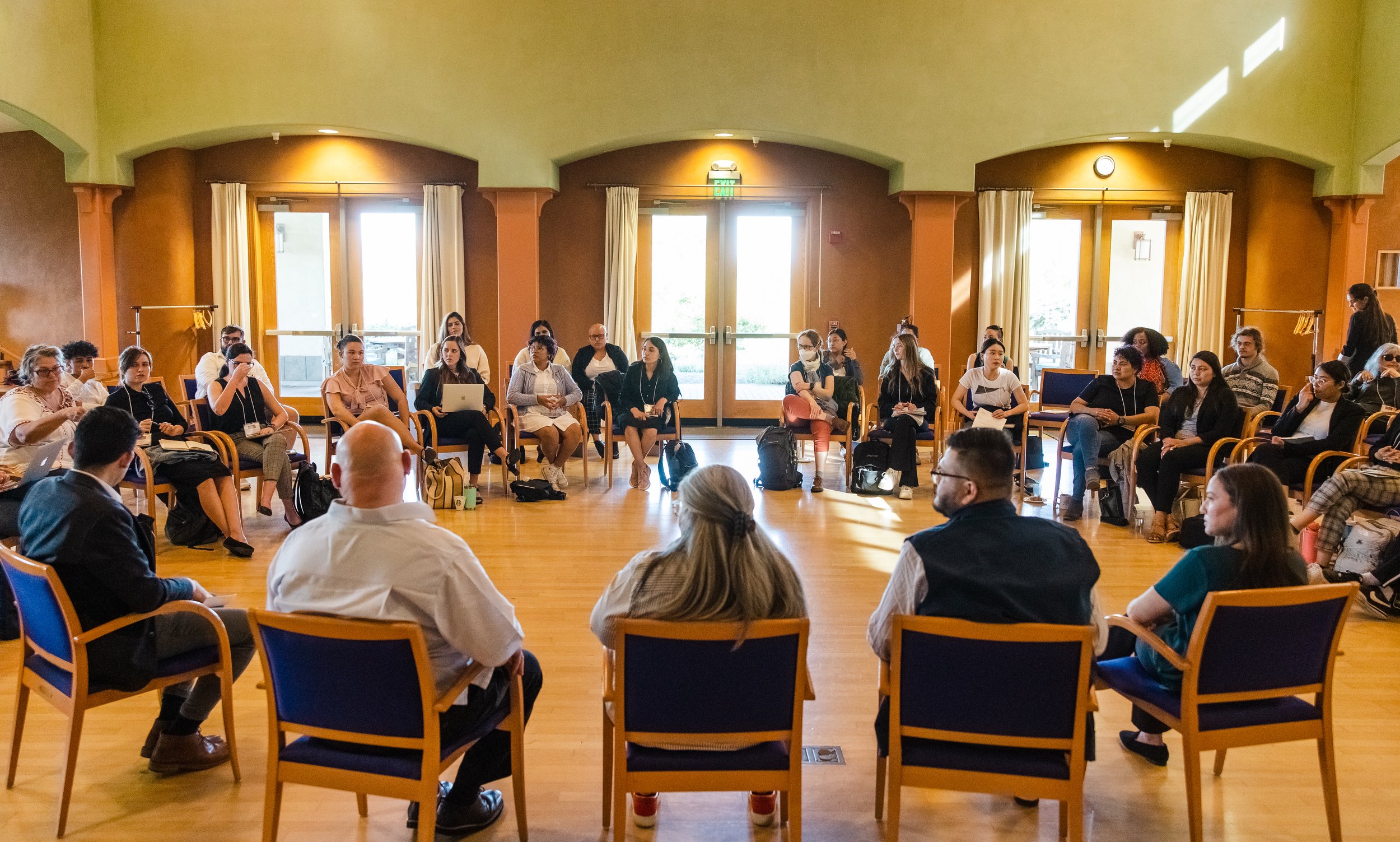
"Not only did this workshop give me hope, but also meaningful takeaways that I am sure will help me in executing community action. Listening to the stories of others, I now realize that together as a community we are unstoppable.”
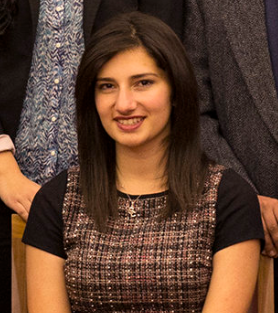
Marissa Roy, USC
“I gained a much clearer idea of what humanitarian work looks like in the field and what challenges humanitarian workers face. I hope that, as a law student with political aspirations, this perspective will help me craft policies that keep in mind the realities of the field."
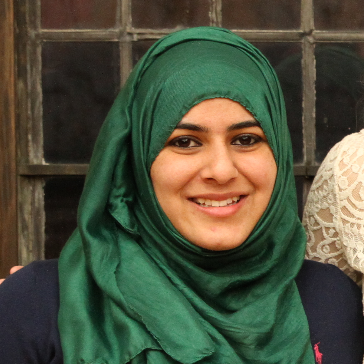
Fizza Raza, University of Houston
"The Oxford fellowship program was one of the most rewarding experiences of my life. I have always wanted to go into human rights, but it is sometimes very hard to maintain hope that change is possible. The program showed me that many people are working for goals that are similar to mine. The fact that they're all from different backgrounds provides great insights into global issues. I'm confident that together we will be able to actually make this world a better place."




